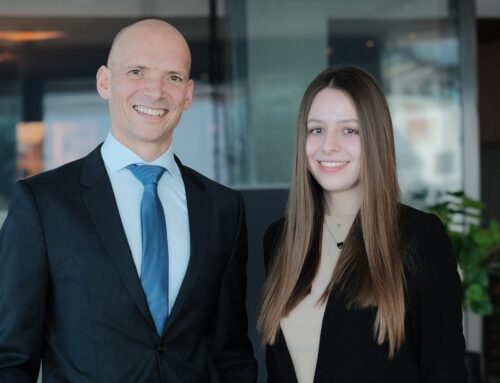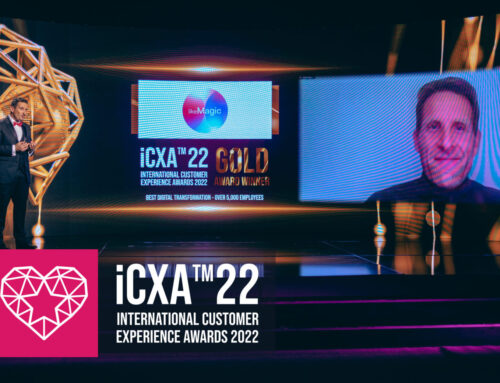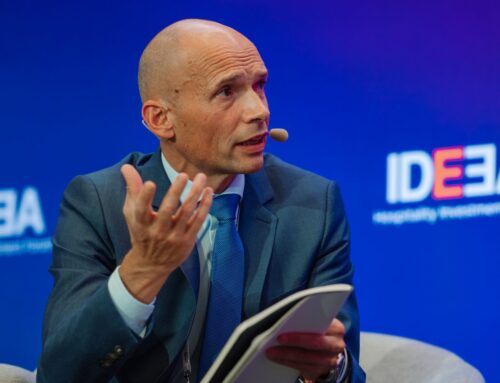Hotel News Now, 24 MARCH 2016 8:10 AM
By Terence Baker
tbaker@hotelnewsnow.com
@terencebakerhnn
New investors are entering Europe’s hotel scene, contributing to the proliferation of brands and the rise of third-party management companies.
LAUSANNE, Switzerland—Europe’s hotel industry remains fragmented but is leaning toward the acceptance of more branded product, and now might be the time for a rise of third-party management, more commonly referred to as white label in Europe, according to a panel of industry experts.
Panelists at the recent Young Hoteliers Summit said white-label management is starting to take hold in Europe, which allows brands to grow in a world of shareholder pressure while staying focused on strong, brand-agnostic management.
Oliver Judge, managing director of Hetherley Capital Partners, said the potential in Europe for white-label management is huge.
“Growth is being driven by increasing number of owners without expertise or appetite, whereas before it was a management contract as first choice,” Judge said. “With white label, fees typically are cheaper, there’s more flexibility with contracts and it adds to the value proposition when it comes to the sale.”
Judge also said white-label management companies focus on profitability and “drive conversion and gross operating profit.”
“They are asset managers who understand the ownership strategy and the operations side,” he said. “It’s not always just about saving money but also making the right decisions and without being hindered by brand standards.”
“In a management contract there is a distinct split around (gross operating profits), while in white label there is the opportunity to really add to the real bottom line,” said Alex Slors, senior asset manager at Global Asset Solution.
Slors said it is a chicken-and-egg story in some markets.
“With European owners choosing the franchise model, you do need strong management, while in emerging markets, owners still can travel a long way by being part of a brand,” Slors added.
Katharine Le Quesne, director of travel, hospitality and leisure at business consultancy Deloitte, agreed that white-label management companies worked best in mature markets.
The other business consultant on the panel, Jonathan Langston, COO of the United Kingdom at CBRE Hotels, said the new breed of European owners aren’t hoteliers at heart.
“The holding pattern depends on the motivation of the purchaser,” Langston said. “One owner looked to exit after nine months, less concerned about the cash flow during the operations when they owned it, but more so the valuation at the exit.”
Sources said that flexibility of the white-label management business model might be a good fit for Switzerland.
Panel moderator Jonathan Humphries, a senior lecturer at École Hôtelière de Lausanne who worked for Marriott International for more than a decade, said Swiss tourism faces challenges.
“Switzerland issued 29.3 million ski passes in 2008-2009,” he said, “but only 22.6 million in 2015.”
“Nimbleness is needed, but rocking the status quo is very difficult,” Le Quesne said. “The challenge becomes that if you look around … there has been a seismic change in opportunities for travelers. Hotels are asking, ‘What is my niche? What is my selling point?’ It is an exciting time.”
Le Quesne compared Switzerland’s current situation to what the U.K. experienced in the early 2000s, when the British pound sterling was appreciating but the U.K. was seeing a dramatic rise in low-cost airlines and budget accommodation, which made it very attractive to travelers.
“Change!” Slors said. “If (change) knocks a percentage or two off (gross operating profit) but raises your cash flow, then go with the knocks.”
Brands love branding
Increased operations costs and brands concentrating mostly on branding also have seen some owners migrate to white-label management companies, panelists said.
“Payroll has increased from 27% to 32% (of costs), and sales and marketing costs has risen by about the same amount as have (online travel agency) commissions, from 1% to 7%,” Langston said. “Who is the loser here? It is the owner, as the manager is still taking a hefty margin and also using more of the owner’s money to pay for all this sales and marketing activity and OTA commissions.”
Langston also said the best brands will be those who can show they are delivering the most profits to their owners.
“Meanwhile, brands now are focusing much more on being guardians of their brand standards, and they see franchises as being more able to be consistent with these standards,” he said. “We will continue to see brands, although what stands behind them might change.”
Le Quesne said there might even be more franchising seen at the luxury end of the market, although that would be very selective.
.
“Franchising started at the economy end of the market and has since moved up,” Le Quesne said.
Langston brought up one hurdle to this.
“Management contracts, predominant in that space, last for a much longer time, sometimes even up to 50 years, so the opportunity to change the business model does not come up often,” Langston said.
Source Link:
http://www.hotelnewsnow.com/Articles/34511/New-breed-of-European-owner-pushes-white-labels








Leave A Comment